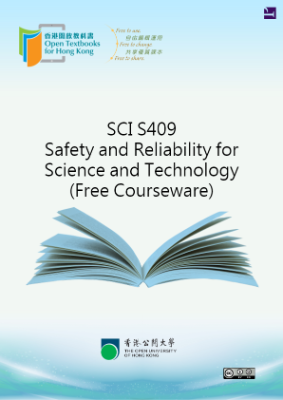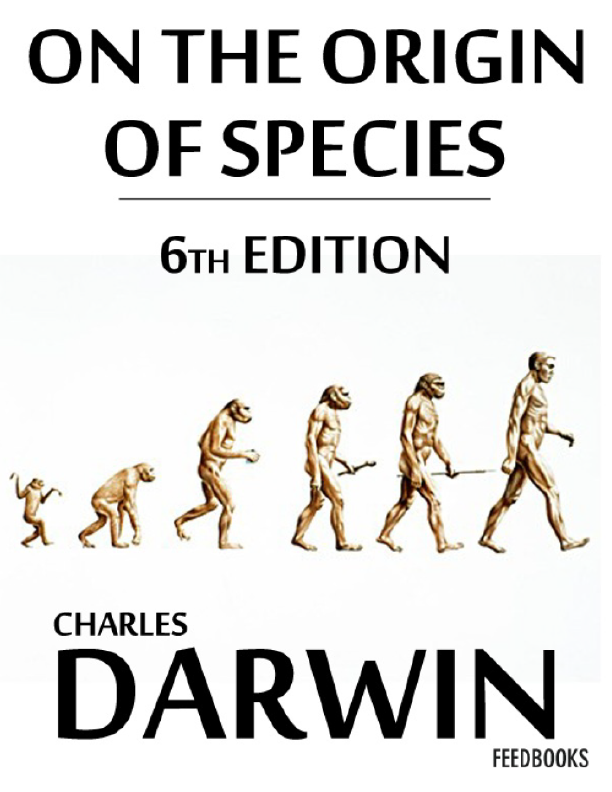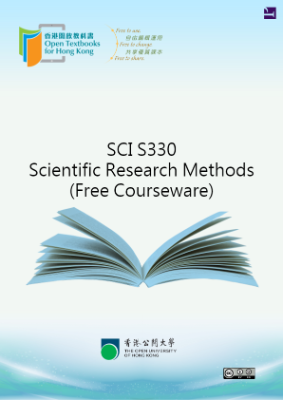What are the most effective methods to study for a test? What are the meanings of dreams? How do illusions work? With whom are you most likely to fall in love? These are just a few of the questions that have been asked by psychologists since the birth of the field as an area of scientific research in the 1870’s. This text surveys the basic concepts, theories, and pivotal findings over the past 100 years in the science of Psychology, with special emphasis on contemporary concepts and findings focused on the relation of the brain to normal and pathological behaviors. Psychology has long evolved past the psychodynamic influence to include biological, social, learning, motivational, and developmental perspectives, to name a few. Contemporary psychologists go beyond philosophical or anecdotal speculation and rely on empirical evidence to inform their conclusions. Similarly, readers will push beyond pre-existing schemas and misconceptions of the field of psychology to an understanding of contemporary quantitative research methods as they are used to predict and test human behavior.
Psychology is a relatively young science with its experimental roots in the nineteenth century, compared, for example, to human physiology, which dates much earlier. Anyone interested in exploring issues related to the mind generally did so in a philosophical context prior to the nineteenth century. Two men, working in the nineteenth century, are generally credited as being the founders of psychology as a science and academic discipline that was distinct from philosophy. Their names were Wilhelm Wundt and William James. This section will provide an overview of the shifts in paradigms that have influenced psychology from Wundt and James through today.
Wilhelm Wundt (1832–1920) was a German scientist who was the first person to be referred to as a psychologist. His famous book entitled Principles of Physiological Psychology was published in 1873. Wundt viewed psychology as a scien-tific study of conscious experience, and he believed that the goal of psychology was to identify components of conscious- ness and how those components combined to result in our conscious experience. Wundt used introspection (he called it “internal perception”), a process by which someone exam- ines their own conscious experience as objectively as possible, making the human mind like any other aspect of nature that a scientist observed. Wundt’s version of introspection used only very specific experimental conditions in which an external stimulus was designed to produce a scientifically observable (repeatable) experience of the mind (Danziger, 1980). The first stringent requirement was the use of “trained” or prac-ticed observers, who could immediately observe and report a reaction.











